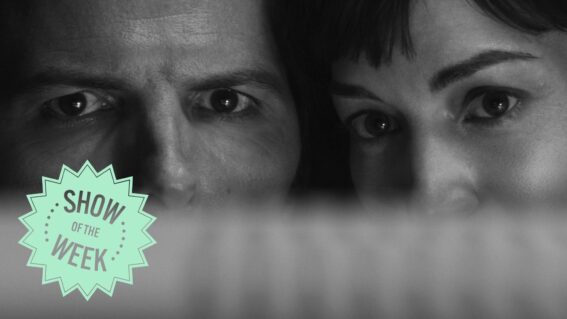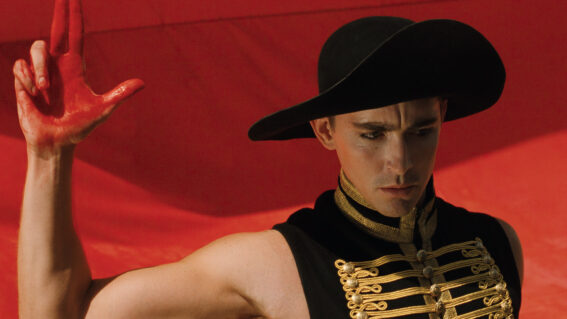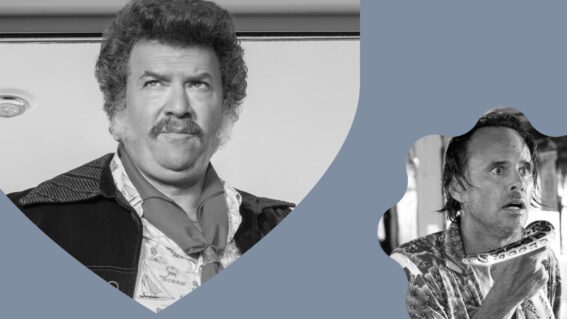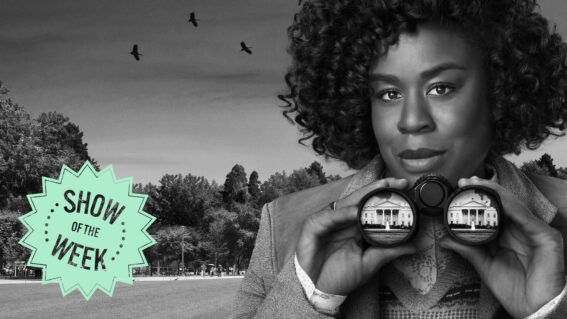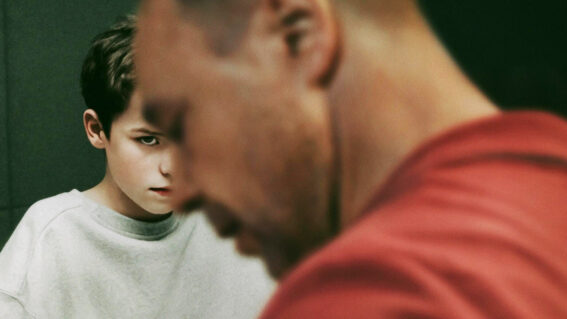Conclave is an addictively entertaining slice of sacrilege
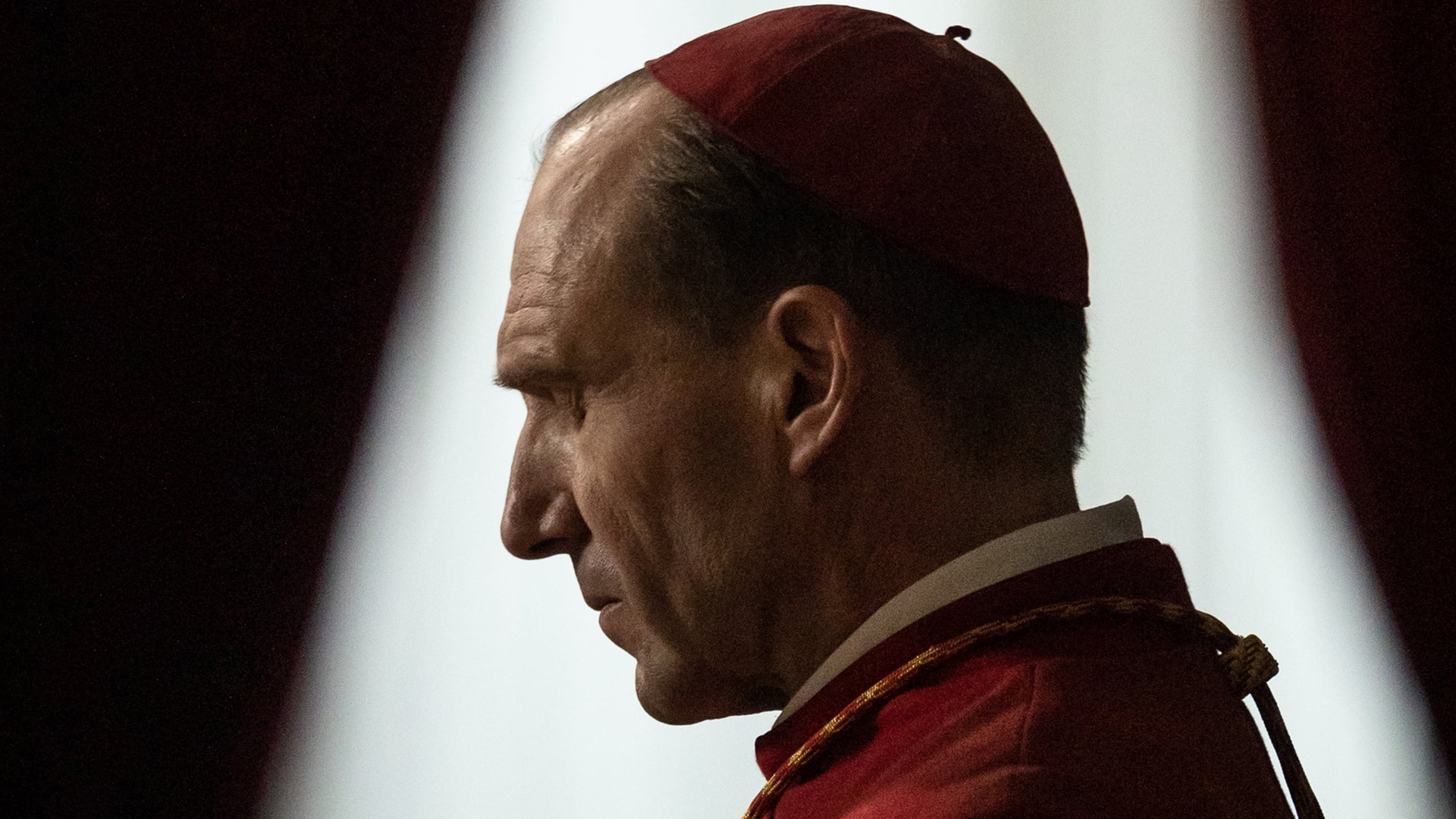
Vatican-set drama Conclave is generating great reviews and Oscars buzz. Luke Buckmaster unpacks the appeal of this sizzlingly voyeuristic film.
The process of appointing a new Pope is a secretive affair, taking place behind large and opulent doors, where robed men gather in holy consultation and resist the urge to greet each other with high fives. We don’t know precisely what goes down, but we can make some educated assumptions. This speculative process is used by Edward Berger’s juiced-up, thriller-ish drama Conclave in service of a sizzling plotline, filled with all sorts of political maneuvering and back room machinations. But it also exists within the realm of the plausible, that unanswerable question of what really happens ultimately benefiting Berger—because traditional accuracy-measuring yardsticks cannot apply.
Central to the decision-making process faced by the cardinals, including Ralph Fiennes’ protagonist Cardinal Lawrence, are thorny questions around maintaining tradition versus adapting to an ever-changing modern world. That ongoing tussle between continuity and change, the old and the new.
This is something Conclave’s script—which was adapted from Robert Harris’ novel of the same name—vividly dramatises. At one point Lawrence is implored by a fellow liberal-leaning bishop, Stanley Tucci’s Aldo Cardinal Bellini, not to split the liberal vote: fracturing support increases the likelihood of a conservative getting in, he says, which risks the church being plunged into the past. Watching moments like this given a dramatic spit polish, performed by a rock-solid cast—Fiennes especially is in fine, forlorn, heavy-eyed form—has an irresistably voyeuristic appeal. And plausibility-wise it just feels right; in fact it’s hard to imagine these discussions not taking place.
Berger opens with Lawrence in a holy hurry, en route to the bedside of a gravely ill and soon-to-be-dead Pope. We hear the protagonist before we see him, feet stomping the ground, clack clack clack—a man on a mission, a person who needs to be somewhere. The violent jabbing of violin strings communicates that whatever happens next will be highly dramatic. Those strings keep coming throughout the runtime, thickening the air with an eerie staccato rhythm, their power coming from the gaps between notes, the silent beats. From the get-go the film has a crackling energy, popping and sparking, like licks of fire on a log.
Even Catholics who consider this production sacrilege—praying for the souls of the director, the grip, the makeup artist, the dude in the food truck parked outside the studio lot—will want to keep watching, trying to ignore the devil on their shoulders. I read one opinion piece from a devout believer arguing that Conclave is blasphemous and “misleads audiences” because it depicts the church “as politically motivated.” Are they seriously suggesting the Vatican, and the conclave process, isn’t political? You can be a Catholic and still accept the reality of the Vatican as a deeply political establishment, so institutionally powerful it has its own sovereignty (many jokes have been made over the years about it being the only country in the world with a zero birth date). And that’s just the start of it…the physical space in Rome.
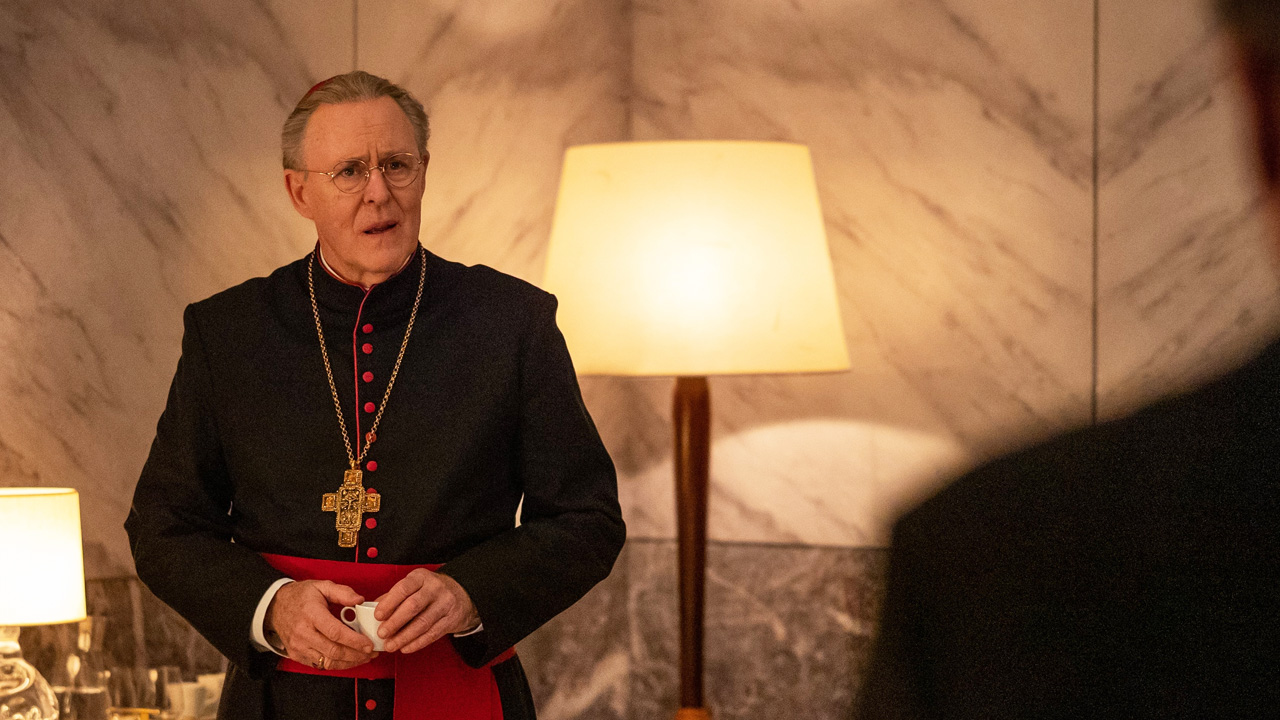
What the aforementioned writer is really suggesting is that the anointment of a Pope is a divine activity: the will of God, not the decisions of mere mortals, even if they’re the ones casting the votes. What this view doesn’t leave room for is the idea that church leaders with clashing opinions may genuinely believe their (perhaps diametrically opposed) views are right, reflecting the world as they think it should be, even reflecting what they reckon the big guy upstairs wants. They can’t all be right. But they can all be wrong.
In one scene in Conclave, John Lithgow’s Cardinal Tremblay—a key contender for the top job—is confronted about actions he undertook that look a lot like an attempt to smear and discredit a fellow front-runner. With his back against the wall, Tremblay gives a very…religious justification: yeah, I did it, he says, but god wanted me to; it was his will.
Small, well-executed moments like these, tanged with a behind-closed-doors flavour, demonstrate why Conclave works so well. Berger et al take broad truths—this dangerous “god on my side” logic having been deployed countless times throughout history—and sculpt them into specific moments, squeezed into the rhythms of interesting drama. It’s addictively paced and artfully embellished—the equivalent of a classy airport novel.





